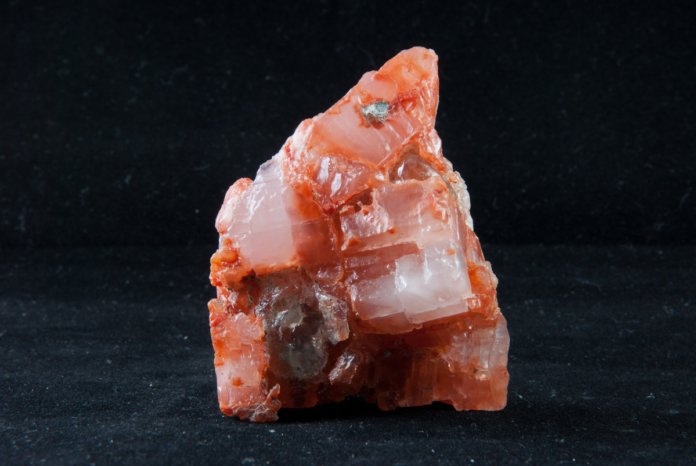As food demand continues to grow, the global agricultural sector faces increasing pressure to enhance crop productivity, underscoring the critical importance of efficient fertilizer use. Potash, a potassium-bearing mineral, is central to this effort, playing a vital role in improving soil fertility and boosting crop yields, Mining Zimbabwe reports.
By Rudairo Mapuranga
With the global population projected to reach 9.7 billion by 2050, the demand for food—and, by extension, fertilizers like potash—is set to rise sharply.
In 2021, global potash consumption was estimated at 62.9 million tons, with the market value expected to grow significantly. Valued at around $28.4 billion in 2022, the global potash market is forecast to expand to approximately $93.5 billion by 2032, driven by the growing need for sustainable agricultural solutions. As Zimbabwe seeks to enhance its agricultural productivity and reduce reliance on fertilizer imports, the exploration and development of domestic potash reserves could position the country as a key player in the region’s agricultural and mining sectors.
Potash is one of the three critical nutrients in fertilizers, alongside nitrogen and phosphorus. It plays an essential role in plant growth by improving water retention, strengthening root systems, and enhancing resistance to disease. For Zimbabwe, where agriculture accounts for a significant portion of the country’s GDP and provides employment for millions, a reliable supply of potash could significantly improve farm productivity, especially in an era where food security is becoming a critical global concern.
As the world’s population grows, the demand for food increases exponentially. This has placed tremendous pressure on agricultural systems to produce more from less land—a challenge that could be mitigated with the effective use of fertilizers like potash.
While Zimbabwe is rich in minerals such as gold, platinum, and lithium, significant potash reserves have not yet been discovered in the country. However, ongoing exploration efforts in neighbouring southern African nations like Mozambique offer hope that potash deposits might exist within Zimbabwe’s borders as well.
Exploration for potash in Zimbabwe could potentially uncover deposits that would reduce the country’s reliance on expensive imports and strengthen its agricultural sector. The government has expressed interest in diversifying the mining industry, and potash, given its importance to food security and agriculture presents a valuable opportunity for the nation.
One challenge in Zimbabwe’s potash exploration is the lack of historical data on potash deposits. Mineral exploration in the country has traditionally focused on other resources, such as gold and platinum. However, with global demand for potash rising and countries worldwide seeking new sources of this critical mineral, it may be time for Zimbabwe to intensify exploration efforts in this area.
Government support will be crucial in promoting potash exploration. With the right incentives and investments, exploration companies could be encouraged to search for potash deposits in Zimbabwe. Success in this area could open up new opportunities for the country to become a key player in the global potash market.
Although potash has not yet been widely discovered in Zimbabwe, the potential for future exploration and discovery cannot be overlooked. As the country seeks to improve agricultural productivity and diversify its mineral wealth, potash exploration presents an exciting opportunity. Zimbabwe’s next steps should include encouraging exploration efforts, perhaps through public-private partnerships and favourable policies for mining companies, to unlock this critical resource.
As Zimbabwe’s agriculture sector continues to face challenges from climate change and a growing population, potash could become a key ingredient in boosting productivity and securing the nation’s food future.




